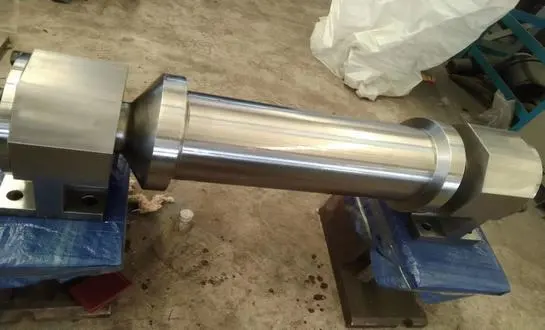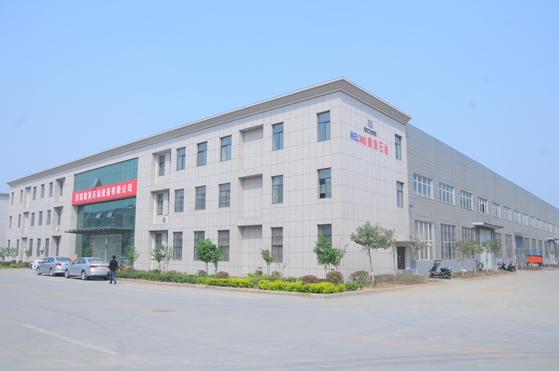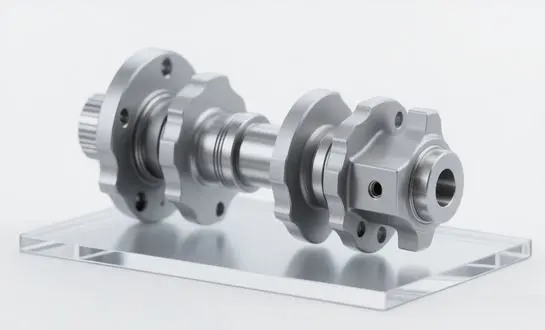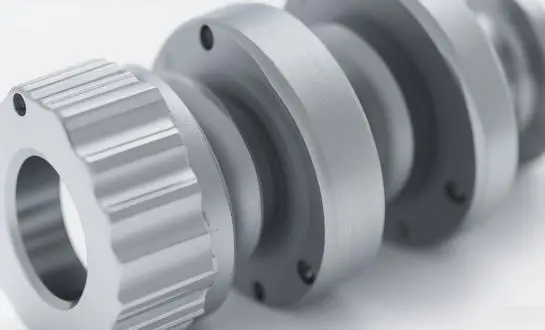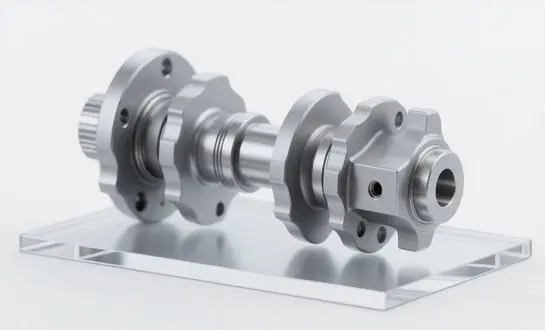Industry-Leading 4-High Rolling Machines Explained
4-High rolling machines have become the backbone of many large-scale metalworking operations. These sophisticated machines utilize four rolls – two work rolls and two backup rolls – to apply precise pressure and control to the metal being processed. The addition of backup rolls allows for greater force distribution and improved stability during the rolling process.
Key Features of 4-High Rolling Machines
Modern 4-high roll for rolling machines are designed with advanced control systems that enable precise real-time adjustments to key parameters such as roll gap, speed, and pressure. This level of control ensures that the material undergoes consistent processing, maintaining product quality and dimensional accuracy even when handling large volumes. These machines are built with a robust structure, which not only contributes to their ability to withstand demanding industrial environments but also extends their operational lifespan. With durable components and efficient designs, 4-high rolling machines deliver reliability, making them a crucial tool in high-demand manufacturing settings.
Applications and Advantages
4-high rolling machines are particularly well-suited for applications where high precision and superior surface quality are critical. Industries such as automotive sheet metal production and thin-gauge steel processing rely on these machines for their ability to deliver high-quality results. Their four-roll configuration allows them to handle high loads without sacrificing performance, maintaining tight tolerances throughout the process. Moreover, the design facilitates better heat dissipation, which helps to prevent thermal deformation during rolling, ensuring that the processed material retains its integrity and precision. This makes 4-high rolling machines indispensable in industries where product consistency and quality are vital.
Why 2-High Rolling Machines Remain Popular
Despite the advancements in 4-High systems, 2-High rolling machines continue to hold a significant place in the metalworking industry. These machines, featuring two opposing work rolls, offer simplicity, versatility, and cost-effectiveness that make them attractive for various applications.
Versatility and Efficiency
2-high roll for rolling machines are known for their flexibility and adaptability. They can be easily configured to accommodate a wide range of rolling operations, from initial breakdown rolling to finish passes. This makes them especially valuable for smaller production facilities or specialized production runs that require frequent adjustments or changeovers. The machine's straightforward design allows for quick setup changes, enabling manufacturers to process various materials and thicknesses with ease. This versatility not only enhances production efficiency but also allows manufacturers to respond quickly to shifting production needs.
Cost-Effective Solutions
For many metalworking businesses, particularly those dealing with smaller production volumes or niche products, 2-high rolling machines offer a cost-effective solution. Their simpler design results in lower initial investment and reduced maintenance costs, making them an appealing option for companies that need to optimize their capital expenditure. These machines strike a good balance between performance and affordability, providing solid reliability without the high costs associated with more complex rolling systems. This makes them particularly attractive to small and medium-sized enterprises aiming to maintain cost efficiency while delivering quality products.
Advanced Cluster Rolling Machines for Specialty Applications
As the demand for high-precision, specialty metal products grows, cluster rolling machines have emerged as a cutting-edge solution. These machines utilize multiple small-diameter work rolls supported by larger backup rolls, allowing for extremely precise control over the rolling process.
Precision and Surface Quality
Cluster rolling machines are highly regarded for their ability to produce ultra-thin gauge materials with exceptional surface finishes. The design features small-diameter work rolls that apply concentrated, localized pressure, enabling precise control over material thickness and ensuring excellent flatness. This capability makes cluster rolling machines particularly valuable for manufacturing high-quality products, such as precision foils used in electronics or specialty alloys for the aerospace industry. By maintaining tight tolerances and superior surface quality, these machines deliver products that meet the demanding specifications of industries that require the highest standards in material properties and performance.
Flexibility in Material Processing
One of the key advantages of cluster roll for rolling machines is their ability to process a wide range of materials, including hard-to-work metals and alloys. The unique roll configuration allows for better distribution of rolling forces, reducing the risk of material defects and enabling the processing of materials that might be challenging for conventional rolling methods.
In conclusion, the world of metalworking continues to benefit from a diverse range of rolling machines, each offering unique advantages for specific applications. From the robust and versatile 4-High machines to the cost-effective 2-High systems and the precision-focused cluster rollers, there's a solution for every metalworking need. As technology advances, we can expect to see even more innovations in roll for rolling machine design, further enhancing productivity and product quality in the metalworking industry.
For more information on cutting-edge rolling machines and other metalworking equipment, feel free to reach out to our experts at oiltools15@welongpost.com. We're here to help you find the perfect solution for your metalworking challenges.
